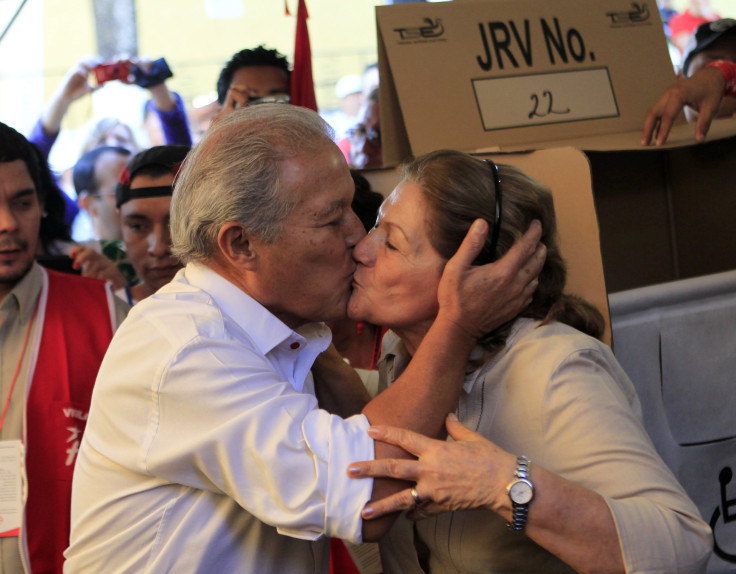
Center-left and leftist candidates looked poised to win or keep control of governments in El Salvador and Costa Rica, where voters headed to the polls to cast their vote in presidential elections. In El Salvador, current vice president Salvador Sánchez Cerén -- an ex-guerrilla with the leftist Farabundo Martí National Liberation Front (FMLN), which won the presidency in 2009 for the first time -- garnered 49 percent of the votes, well ahead of the 39 percent taken by the conservative San Salvador mayor Norman Quijano. It’s also just shy of the 50 percent needed to avoid a runoff on March 9.
The race in Costa Rica is much more hotly contested: early on in the tallying of votes, conservative Johnny Araya of the ruling National Liberation Party looked like he would cruise to the 40 percent needed to win outright, but Luis Guillermo Solís of the center-left Citizen Action Party mounted a run, ending up with 30.8 percent of the votes to Araya’s 29.7 percent. El Pais notes that Solís favors a continued alliance with the United States on trade matters and the question of US naval patrols in Costa Rican waters, and says he would like to model the country after Finland “in terms of education, distribution of wealth, and the incorporation of citizens.”
The New York Times notes that in the two Central American countries, where the political scene has long been a battle of starkly different ideologies, this election season has focused more on issues like insecurity and unemployment. But the reality of the two countries differs substantially. Under President Mauricio Funes, El Salvador continues to be plagued by severe poverty as well as drug violence and extortion, even as the two most powerful gangs, la Mara Salvatrucha and the Barrio 18, worked out a (wobbly) truce in March 2012; Costa Rica’s struggles have more to do with poverty (20 percent), high unemployment, and charges of political corruption which have marred the term of conservative president Laura Chinchilla.
© 2025 Latin Times. All rights reserved. Do not reproduce without permission.





